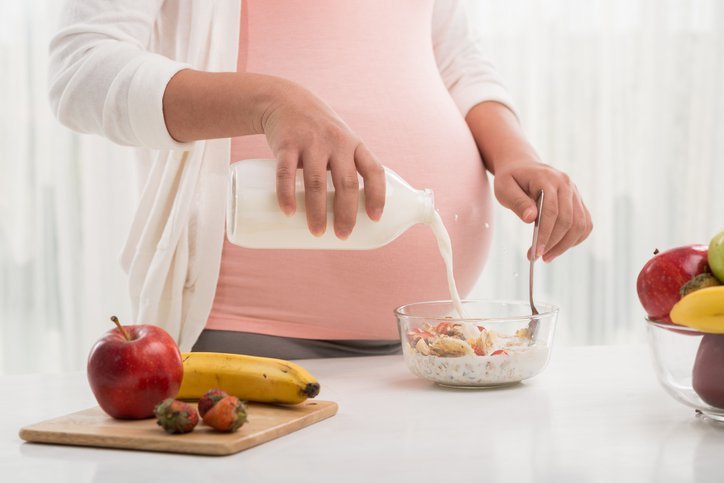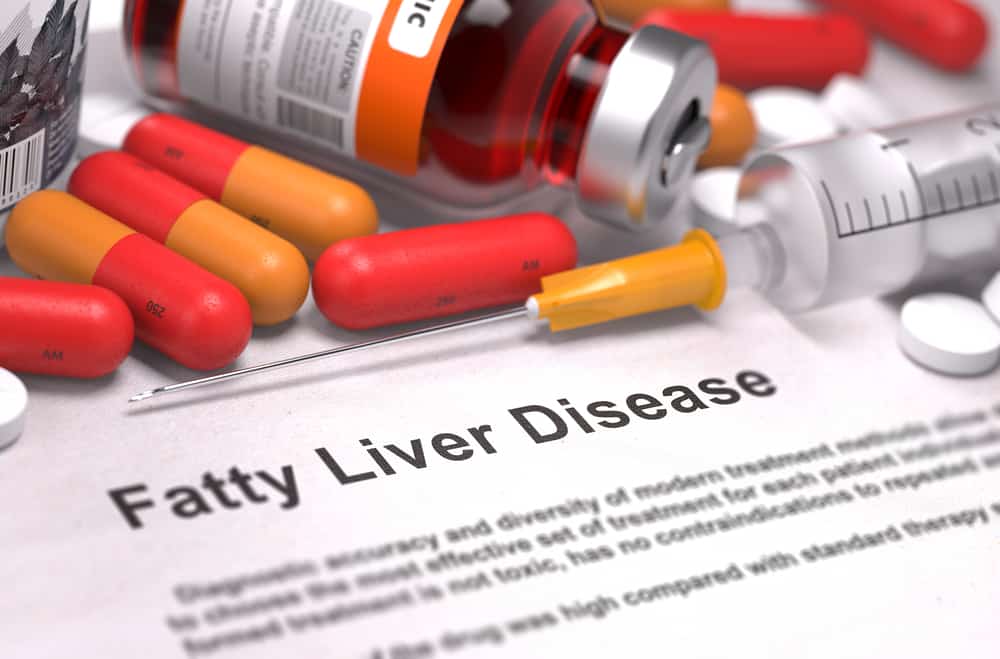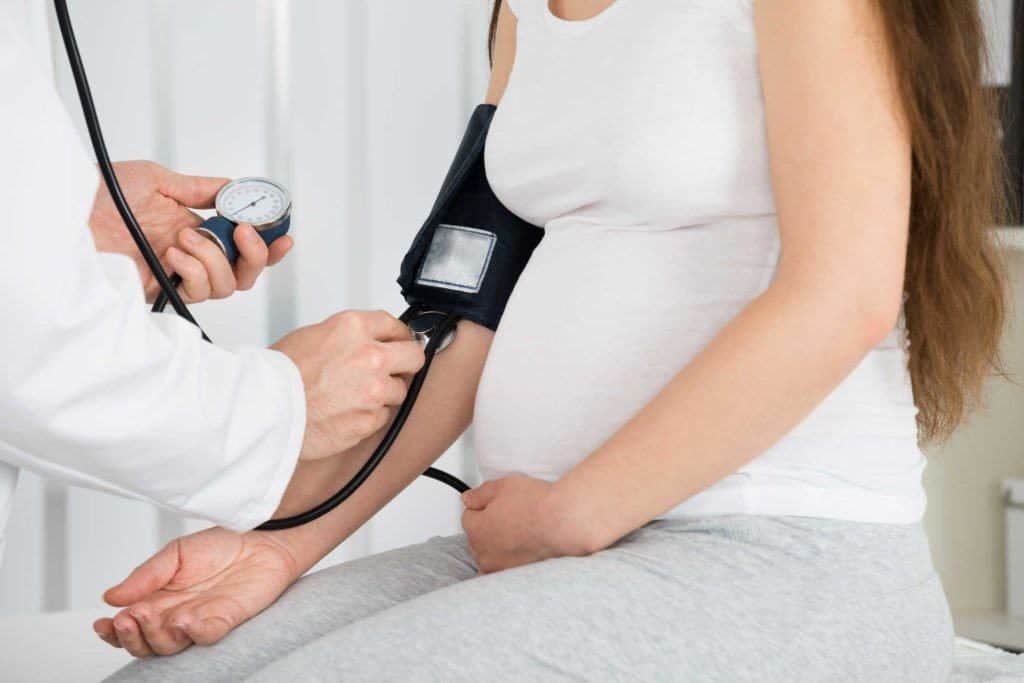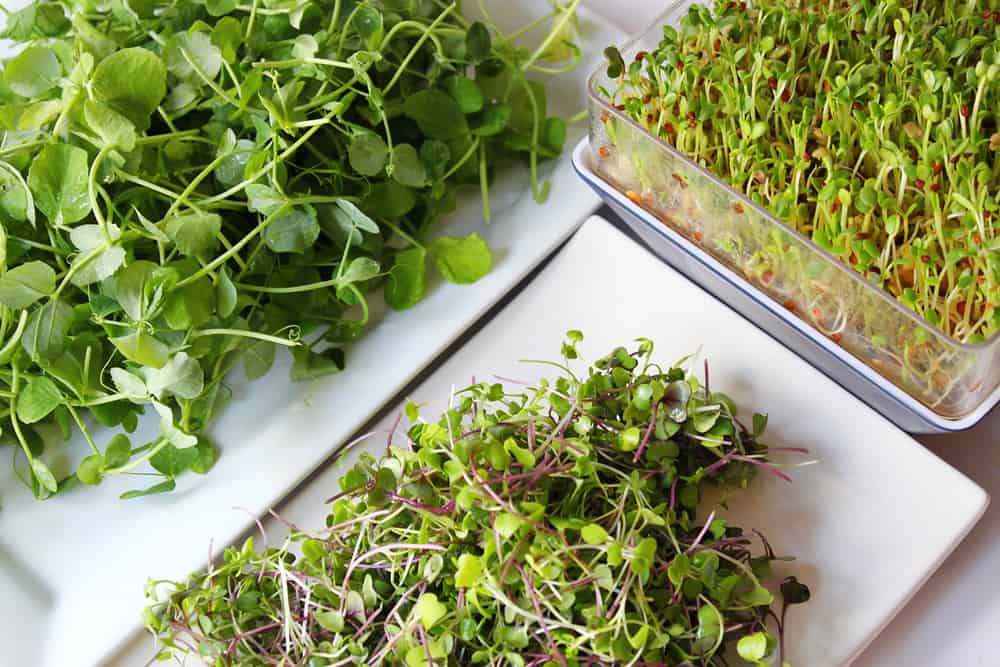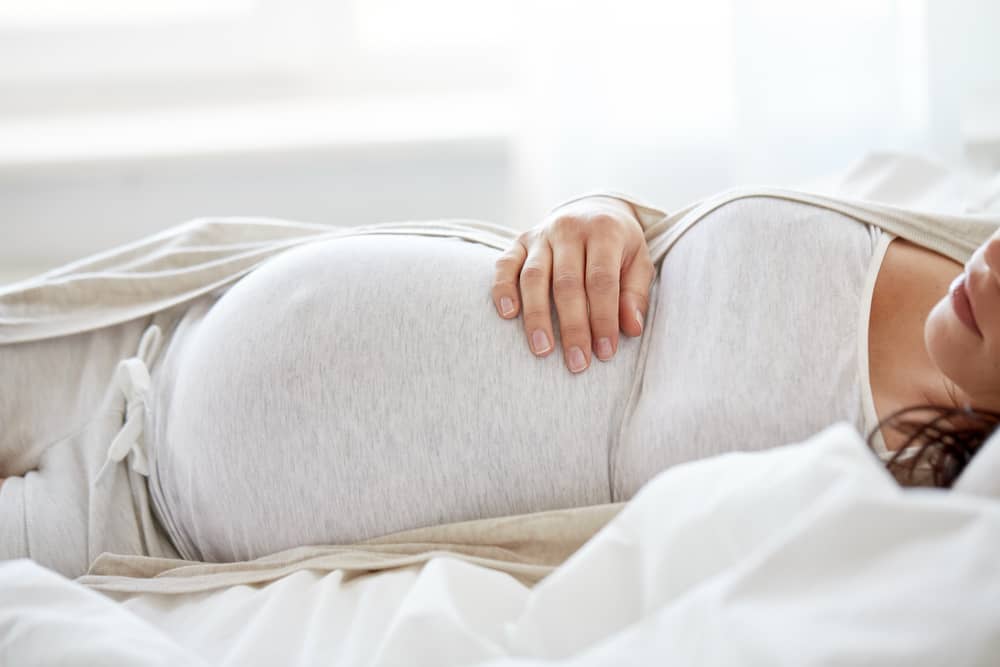Contents:
- Medical Video: Are You Really Eating for Two? Food and Nutrition During Pregnancy
- Iron
- Folic acid
- Calcium
- Vitamin D
- Choline
- Vitamin C
- Iodine
- Zinc
Medical Video: Are You Really Eating for Two? Food and Nutrition During Pregnancy
As we have seen, pregnant women need a lot of nutrients. Babies in the womb who are experiencing a lot of growth and development within a period of only 9 months certainly need adequate nutrients. No wonder if pregnant women should eat more nutritious food while pregnant.
Although some pregnant women may be helped with various supplements during pregnancy, eating nutritious foods during pregnancy should still be done to meet their nutritional needs. The following are important nutrients needed during pregnancy.
Iron
When you are pregnant, your blood volume is greater because your baby also needs a blood supply and your body changes to become bigger while pregnant. Because of this larger volume of blood, the maternal iron requirements also increase by twice. The iron itself is needed by the body to make red blood cells.
Adequate iron can prevent mothers from anemia and can also prevent babies from premature birth and low birth weight (LBW). If pregnant women do not get enough iron during pregnancy, you may become tired faster and more susceptible to infection.
You can get iron from lean red meat, chicken, fish, kidney beans, spinach, cabbage, and other green vegetables. To help absorb iron by the body, you should consume iron food sources along with foods or drinks that are high in vitamin C and do not consume them together with calcium-source foods. Calcium can reduce the absorption of iron in the body.
Needs (AKG 2013): 26-39 mg / day (the greater the gestational age, the higher the need)
Folic acid
Folic acid is even needed when pregnant women are planning a pregnancy. Folic acid can help prevent babies from neural tube defects and abnormalities in the brain and spinal cord. In addition, folic acid can also prevent miscarriage, premature birth, and anemia during pregnancy.
In some mothers, folic acid intake may need help from supplements. However, you can fulfill your folic acid needs from foods, such as green vegetables (spinach and broccoli for example), oranges, lemons, mangoes, tomatoes, kiwi, melons, strawberries, beans, and cereals and bread enriched with folic acid .
Needs (AKG 2013): 600 mcg / day
Calcium
Calcium is also very much needed when pregnant in high quantities. Babies in the womb need lots of calcium for the growth of their bones and teeth. Babies will take calcium needs from the mother's body, so to maintain maternal bone density, mothers need a lot of calcium intake to replace the mother's calcium taken by the baby. Calcium can also help prevent the mother from high blood pressure during pregnancy.
To meet calcium needs, mothers need to consume milk, yogurt, cheese, calcium-fortified orange juice, almonds, salmon, spinach, broccoli, kale, and others.
Needs (AKG 2013): 1200-1300 mg / day
Vitamin D
Besides calcium, vitamin D is also needed by pregnant women to help the growth of bones and teeth of babies. Vitamin D is also needed to help the mother's body absorb calcium from food. The mother's body can get vitamin D from sunlight, but it can also be obtained from food sources, such as milk, orange juice or cereals that have been enriched with vitamin D, eggs, and fish.
Needs (AKG 2013): 15 mcg / day
Choline
Choline is also needed to maintain maternal bone health and prevent the mother from high blood pressure during pregnancy. In addition, choline is also needed to help prevent babies from birth defects (neural tube defect) or problems with the brain and spine. Also, it can help improve brain development in the womb.
You can get choline from eggs, salmon, chicken, broccoli, and others.
Needs (AKG 2013): 450 mg / day
Vitamin C
Vitamin C can help the body absorb iron. In addition, vitamin C can also help maintain healthy bones and teeth, improve the immune system, and maintain healthy blood vessels and red blood cells.
You can increase your vitamin C intake by consuming oranges, lemons, mangoes, kiwi, melons, strawberries, broccoli, tomatoes, and potatoes.
Needs (AKG 2013): 85 mg / day
Iodine
In addition to maintaining the health of the thyroid gland, iodine is also needed to support the growth and development of the womb. Iodine is needed for babies to develop the brain and nervous system, also to prevent miscarriages and stillbirths (stillbirth) Iodine is also important to prevent the growth of short babies, mental disabilities, and hearing loss (deafness) in infants.
You can get iodine from cod, yogurt, cottage cheese, potatoes, cow's milk, and others.
Needs (AKG 2013): 220 mcg / day
Zinc
This nutrient may like to be forgotten, but its adequacy is needed by the body. For babies in the womb, zinc is very necessary to help the development of the baby's brain. Meanwhile, for pregnant women, zinc is needed for the growth and repair of the body's cells, and also to help produce energy.
Zinc can be obtained from food sources, such as red meat, crabs, yogurt, wheat cereals, and others.
Needs (AKG 2013): 12-20 mg / day (the greater the gestational age, the higher the need)
READ ALSO
- Should Pregnant Women Take Additional Supplements?
- Why Do Women Need to Take Folate Before Pregnancy?
- 5 Ways to Control Weight During Pregnancy

